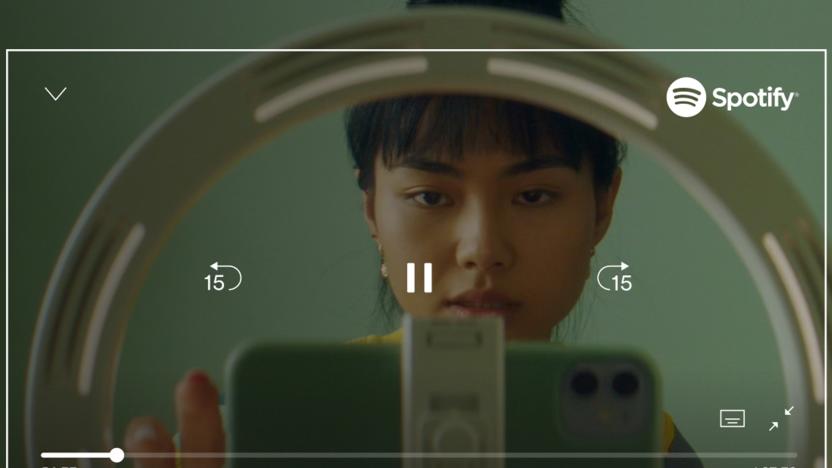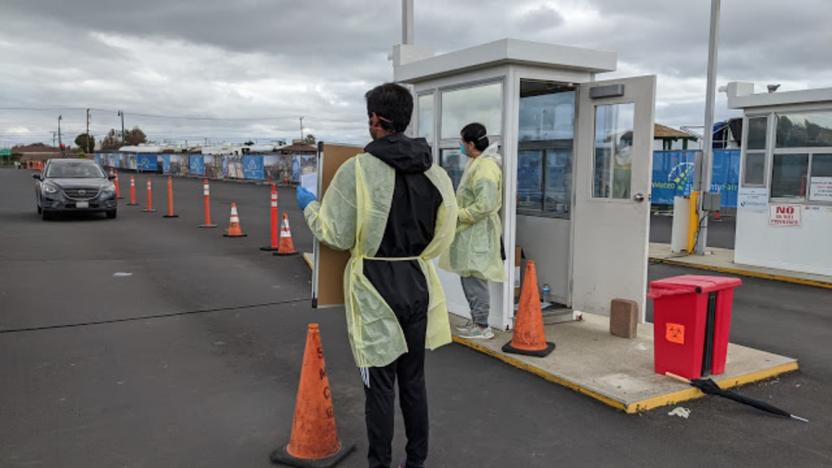Riverside
Latest

Spotify opens video podcast publishing to more creators
Spotify now lets any creator publish video podcasts — provided you live in one of five countries.

Alphabet’s Verily shows how its drive-thru COVID-19 testing sites work
Verily -- Alphabet's healthcare brand -- isn't just creating a website to help northern Californians determine whether they need a test for COVID-19. It's also piloting drive-thru testing. It has opened two sites, one in Riverside County and another in Sacramento County, and today, it shared a video that shows how the COVID-19 testing works.

Scientist's new rewriteable 'paper' is actually made of glass or plastic
If you ask us, the idea of rewritable paper seems pretty redundant no matter how high-tech it is. Apparently that didn't cross the mind of scientists at the University of California, Riverside. See, that's where Yadong Yin and his colleagues are using special color-switching dyes (called "redox") and an ultra-violet light to put text on a physical medium. In this case, that's a glass or plastic film like the tile above. The school says that these can be rewritten some 20 times without a significant loss in contrast or resolution, and could presumably replace the dead trees we're used to printing documents on. At this point, you're probably wondering how you erase the old text off, and that's fair -- even your favorite rubber pencil-cap won't do a thing here.

UC-Light project puts LEDs to work in communication networks
Yeah, mad scientists have been trying to get the public at large to pay attention to visible light communications for years now, but the gurus over at the University of California, Riverside think that the project they're involved in holds a special kind of promise. The Center for Ubiquitous Communication by Light (UC-Light) will be funded with $3.5 million from the Multicampus Research Program and Initiatives (MRPI) competition within the University of California system, and at its core, it's hoping to unearth a magical method for linking up all sorts of electronics (HDTVs, PDAs, information kiosks, PCs, etc.) via light. You know, so your refrigerator can tell your smartphone what groceries are needed during the next supermarket stop, and that massive billboard on I-95 can beam more information that you don't want right onto your handset. If all goes to plan (and California's budget problem solves itself), the work will begin in early 2010 and last five years, after which we fully anticipate "very low-cost communication and navigation systems [to be built] on existing lighting infrastructure." And fowl in every pot. And unicorns in every garage.[Thanks, Michael]



